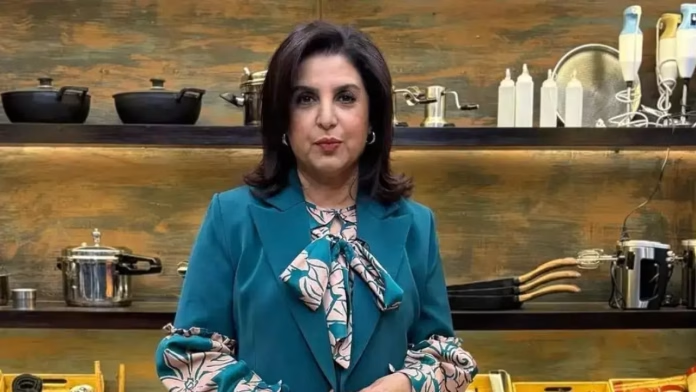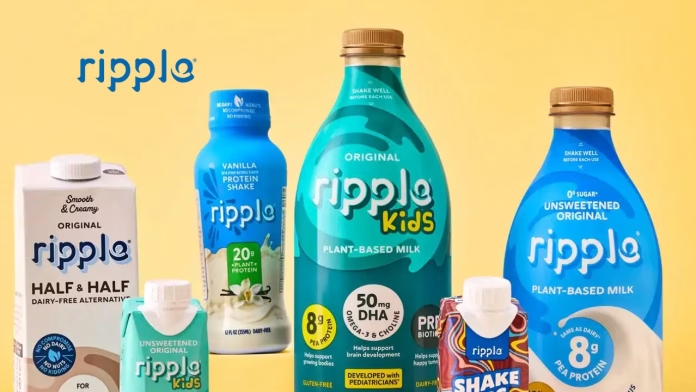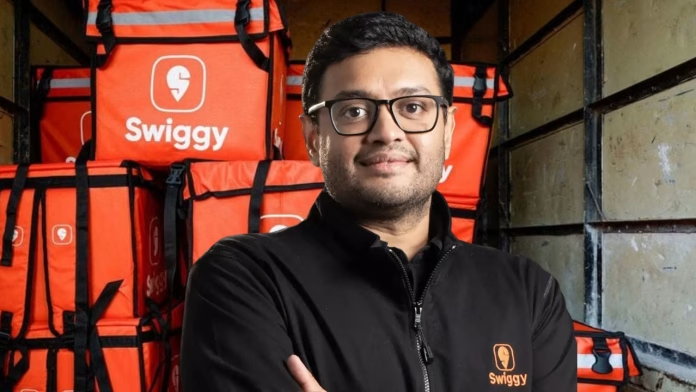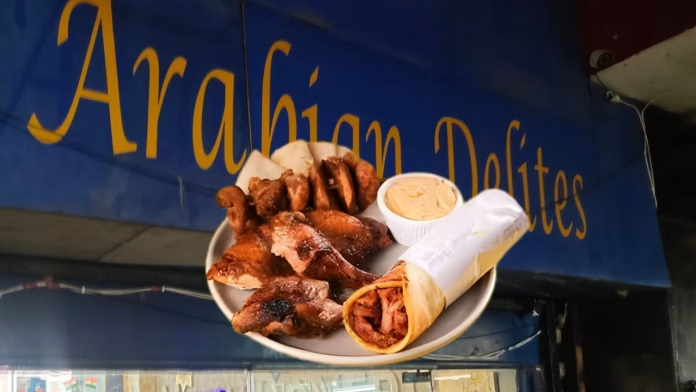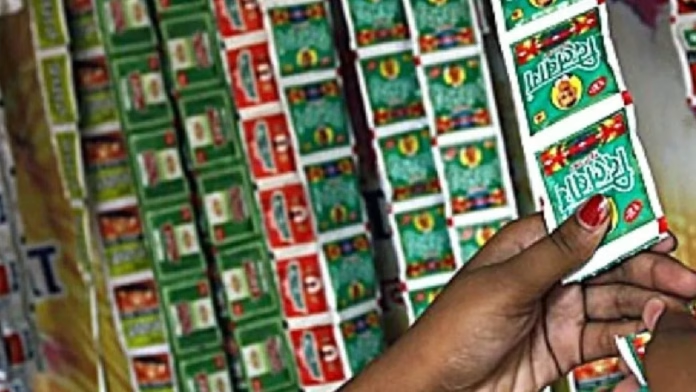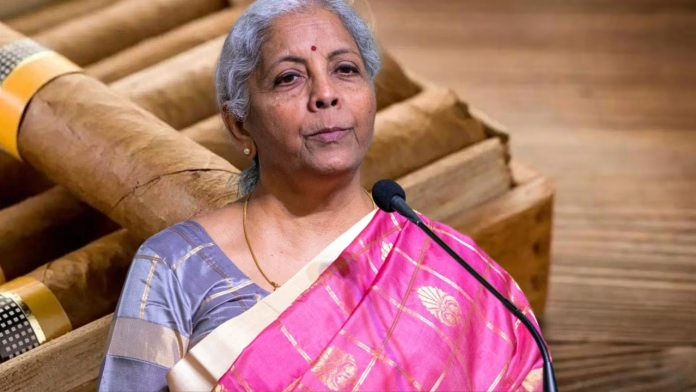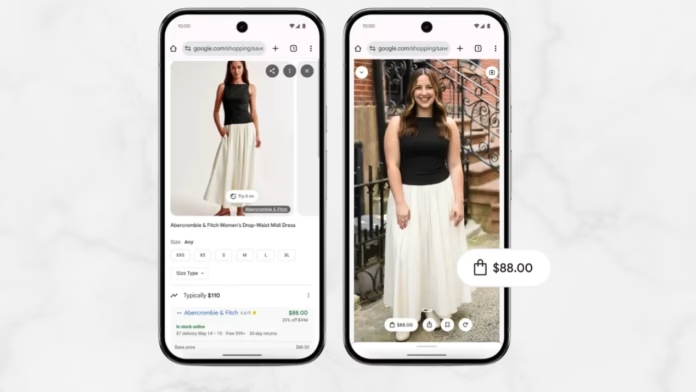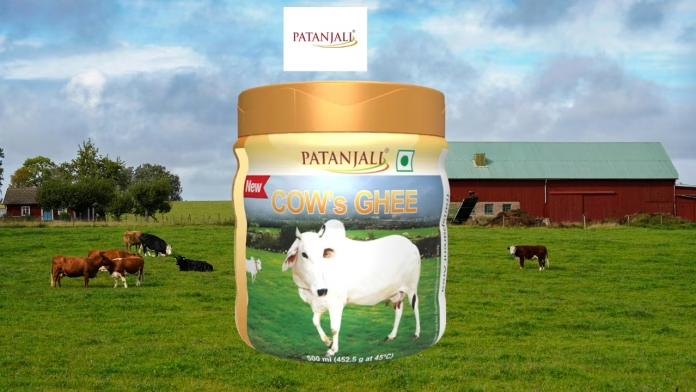Farah Khan has quietly built one of the most successful creator businesses in India, and the scale of it is surprising even to people who have followed her for years. In a recent interview, she mentioned that her YouTube earnings alone have now crossed what she could make through her entire film and television career. The statement may sound dramatic, but a look at her viewership numbers makes it clear why the shift happened.
Farah tapped into something very few celebrities manage to do. She took her natural recall value, her wide circle of well known names from the industry and her own kitchen, and turned them into a content property that feels warm, familiar and genuine. The secret ingredient is Dilip, who has now become the unexpected hero of the channel. His calm, unhurried presence brings an easy energy to the videos, making viewers feel like they are part of the cooking sessions rather than watching a staged format.
The formula has become so strong that the moment a guest goes viral on any platform, you will usually find them cooking with Farah and Dilip soon after, smiling over a stove and crossing a million views within hours. Brands have taken notice too. Many campaigns now treat Dilip as the breakout face, and Farah has turned her own image into a business that regularly outperforms traditional entertainment projects in reach and monetisation.
Her rise sends a message to anyone from film or television who is struggling with inconsistent work. Waiting for a casting call or a production house nod is no longer the only path. Content built on one’s own recognition and trust can become a standalone business. Farah proved that homegrown reach can beat box office numbers when done right.

